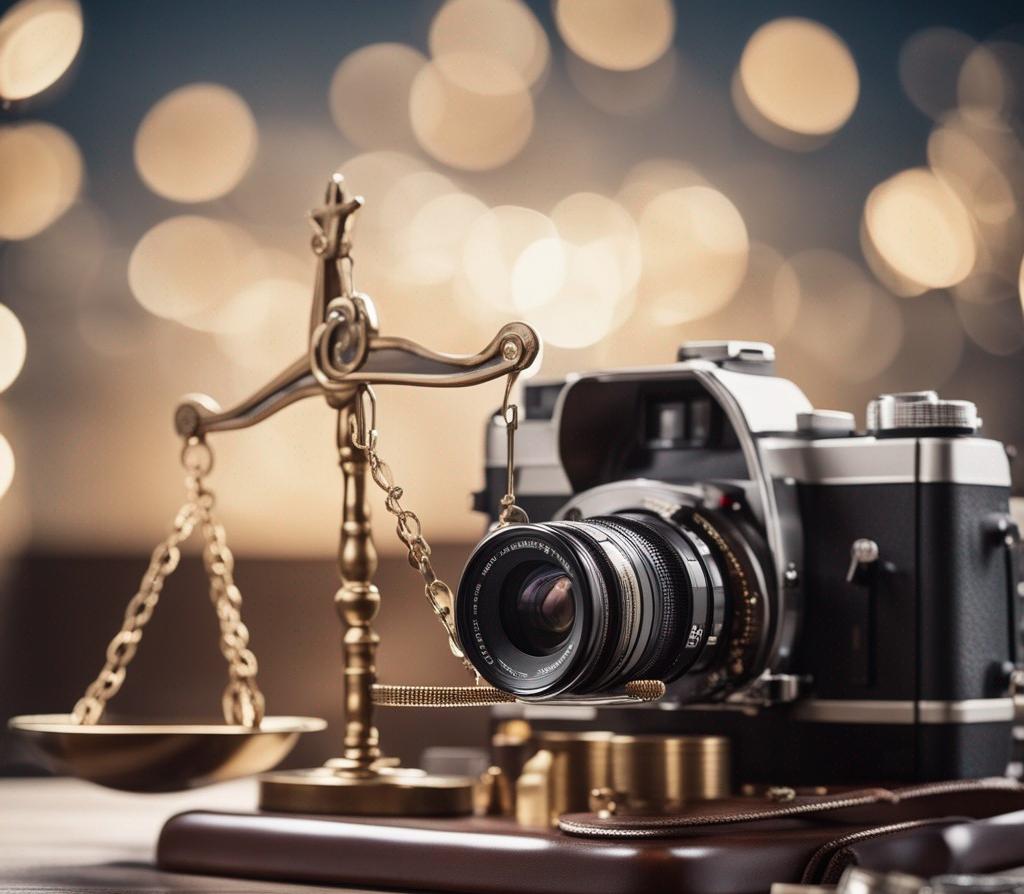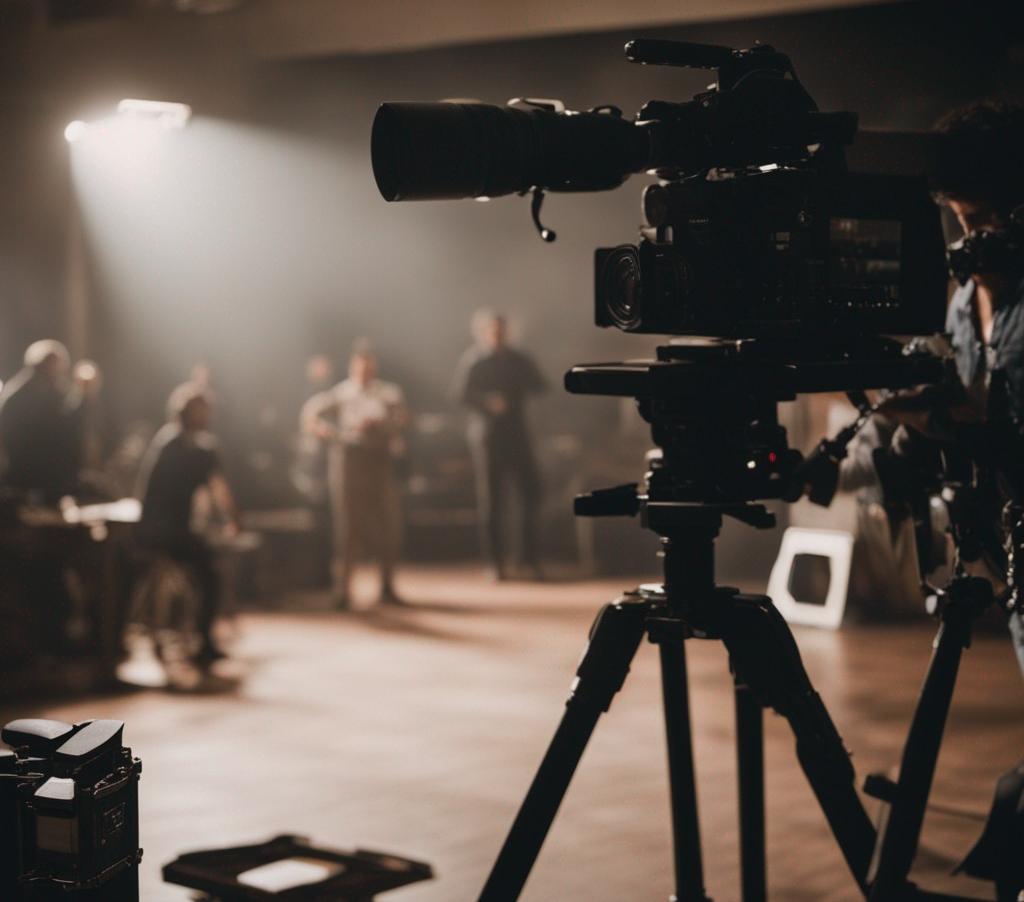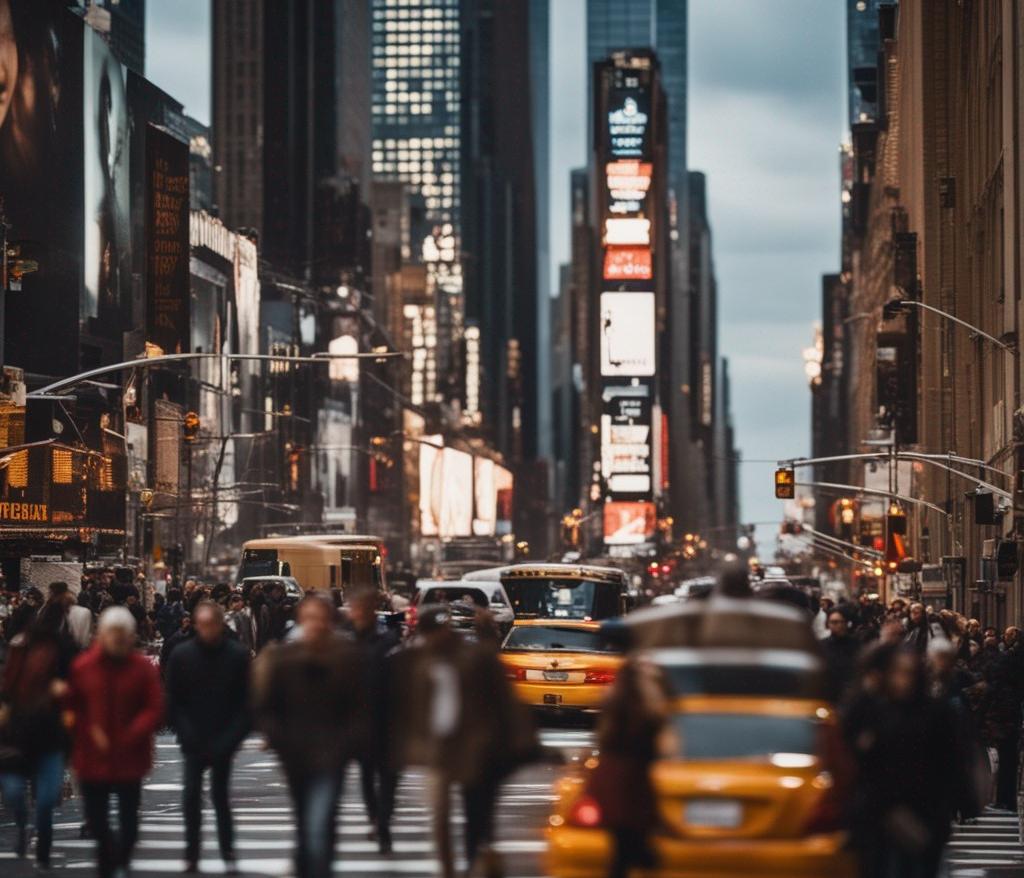Avoiding Legal Traps: Top Legal Advice for Indie Filmmakers

Indie filmmaking is an exciting venture that blends creativity with entrepreneurship. However, legal pitfalls in indie filmmaking can quickly turn your passion project into a nightmare if not appropriately navigated. These pitfalls range from copyright infringement issues, which may occur when unauthorized materials such as music, photographs, and written works are included in your film, to contractual disagreements, perhaps resulting from unclear communication between the filmmaker and talent or crew. Consider the situation where a filmmaker uses commercially licensed music without the proper permission; they could be subjected to hefty fines which might derail the whole project. Similarly, issues can arise if contracts with actors, cinematographers, or location owners are not well-drafted, leaving room for misinterpretation and legal disputes. In some cases, the absence of location release forms for public or private property used in the shoot might bring up complicated real estate laws into play, jeopardizing the entire film. Navigating these often complex legal landscapes necessitates specialized knowledge and due diligence, which is exactly what this blog post aims to provide.
Understanding Copyright Laws

One of the most common legal pitfalls in indie filmmaking is violation of copyright laws, which can be easily overlooked by novice or even seasoned filmmakers but can carry severe consequences. Copyright laws, designed to protect original creations, can pose a significant obstacle for indie filmmakers not versed in legal jargon or unaware of intellectual property rights. For example, if a filmmaker uses a piece of copyrighted music without the creator's permission, this could lead to costly lawsuits that can disrupt your production or ruin your budget. Additionally, the use of proprietary video clips, images, and even scripts can likewise infringe upon copyright laws. By making a wrong move, you risk causing legal disputes or heavy fines. Therefore, it's essential to do thorough research and secure the necessary permissions before you start shooting or using specific materials. This might involve contacting copyright owners directly, paying licensing fees for the use of music or other intellectual property, or ensuring your script doesn't infringe on an already copyrighted work. Remember, ignorance is not an acceptable defense in any legal dispute. Therefore, to adequately prevent falling into legal traps, having a thorough understanding of copyright laws is not just helpful, but crucial.
Securing Film Rights

Securing film rights is an essential step indie filmmakers often overlook. This oversight can result in costly lawsuits, casting a dark shadow over your promising career. Avoid this by sufficiently researching all elements you plan to incorporate into your film, such as copyrighted music, film clips, book quotes, or even product brands. Remember, copyright infringement happens the moment a protected element is replicated without explicit permission, regardless of your film's revenue status. For example, using a Rolling Stones song without proper clearance led to a $1 million lawsuit against the 2013 indie film, 'Twelve.' On safer grounds, consider sourcing copyright-free materials, negotiating for licenses, or even creating unique elements yourself. Don't shy from hiring a media lawyer early to ensure your project stands on legally sound footing. Consultation fees may seem hefty, but they’re minuscule compared to potential legal damages. Thus, it's imperative not to cut corners while securing film rights, ensuring your indie film journey doesn't take an unexpected turn towards the courts.
Facing Labor Laws in Filmmaking

One of the major legal pitfalls in indie filmmaking involves navigating the labyrinthine domain of labor laws. Despite your initial intention of creating an environment fueled by passion and dedication, the bare truth is that filmmaking inherently includes an array of work agreements. This diverse spectrum ranges from actors to catering staff, each entailing specific employment conditions, which are subject to varying state and federal laws. For example, hiring minors entail compliance with child labor laws, mandating limited working hours and insisting on set tutors. Alternatively, misclassifying an employee as an independent contractor can lead to substantial legal repercussions, including penalties and back pay. Then there's the conundrum of unpaid internships, tempting due to budget restrictions, but fraught with legal perils if not conducted in strict adherence to the U.S. Department of Labor's guidelines. Ignorance of these legal complexities isn't excusable in a court of law. Even if you're venturing into guerrilla, micro-budget filmmaking, legal compliance isn't optional – it ensures a smooth production process, safeguards your creative vision, and insulates you from potentially crippling legal consequences down the line. It's prudent to invest some of your budget in sound legal advice before camera rolls, steering clear of compromising situations.
The Role of Insurance in Filmmaking

One major aspect often overlooked by indie filmmakers, is the role that insurance plays in safeguarding their projects. Let’s take, for instance, production insurance, which protects against mishaps during filming, like damage to set property or injuries to cast and crew. Without this, filmmakers can face significant legal liability and financial loss. Equipment insurance, on the other hand, is critical for covering damage or loss to expensive film equipment. Moreover, consider errors and omissions insurance, created to protect filmmakers against allegations of libel, slander, copyright infringement, or privacy invasion, which are common traps in the film industry. A real-life example of this is the $20 million lawsuit filed against the creators of 'The Conjuring' franchise due to a contract dispute over sequel rights. They allegedly failed to obtain rights from the author of the original books, which could have been avoided with a more comprehensive insurance protection. In a nutshell, indie filmmakers need to consider acquiring comprehensive insurance coverage to avoid these legal pitfalls in indie filmmaking that can potentially stall or even stop production.
Addressing Privacy and Publicity Rights

It's essential to understand that every individual has a say over how their image, voice, or persona is used commercially. Virtually, that means if you plan to feature someone in your film, even incidentally, it’s crucial to secure their consent, typically through a release form. When filming in public locations, the rule generally is that individuals in the background do not need to give explicit consent, but prominently featured individuals do. For instance, if you're filming a bustling city scene and a stranger accidentally walks into the frame, they likely won't have a claim for violation of their rights. But, if that stranger then becomes the focus of the shot, or delivers impromptu lines, you may be wandering into a legal minefield. Privacy and publicity rights also extend to locations. For example, if a specific building with unique attributes or a branded storefront is clearly identifiable in your shots, it might require clearance from the owner. Be proactive in addressing these issues to avoid potential legal pitfalls in indie filmmaking.
Conclusion: Tools for Legal Savviness

Through careful preparation and an understanding of key legal concepts, indie filmmakers can successfully navigate the complex path of production without falling victim to legal pitfalls in indie filmmaking. Knowledge of intellectual property rights, for instance, can prevent a filmmaker from inadvertently infringing on copyrighted material. Likewise, understanding the importance of securing location agreements and ensuring cast/crew release forms are precisely drafted and legally robust can serve as fortifying shields against potential lawsuits. Non-disclosure agreements are another vital tool that protects sensitive project details, reinforcing a film’s integrity whilst warding off unwanted leaks. Furthermore, an appreciation of labor laws ensures lawful treatment of all personnel involved, keeping potential labor disputes at bay. Utilizing contract law knowledge can aid in producing clear and enforceable contracts, avoiding misunderstanding and miscommunication. It’s also crucial to consider insurance coverage as a safeguard against accidents or damage during production. Remember, laws differ from one jurisdiction to another, hence, their interpretation, getting legal advice – either paid or free via clinics at law schools, and ensuring contractual fairness are vital steps a filmmaker should take to avoid legal traps. Thus, through legal acumen, foresight, and preventative measures, indie filmmakers can successfully stave off legal complications, achieving a smooth and successful production cycle.

